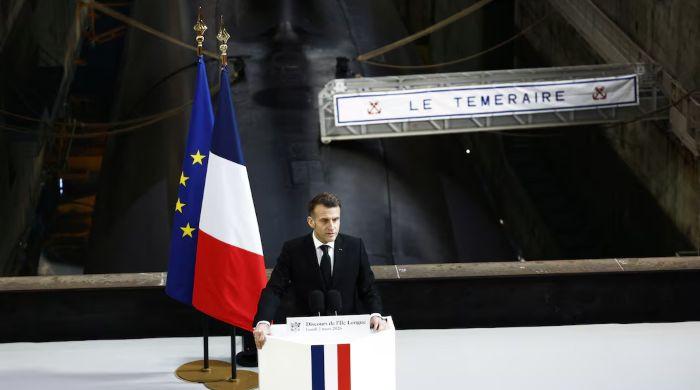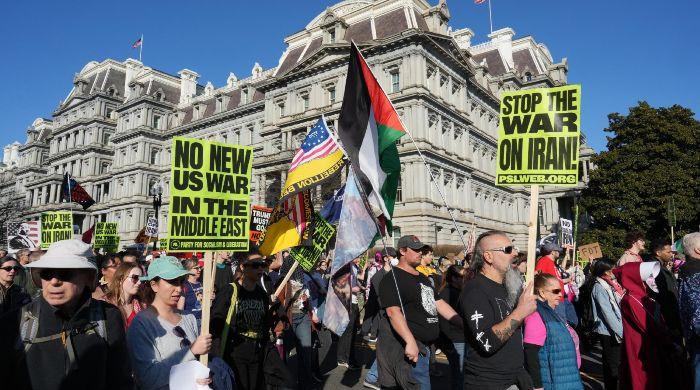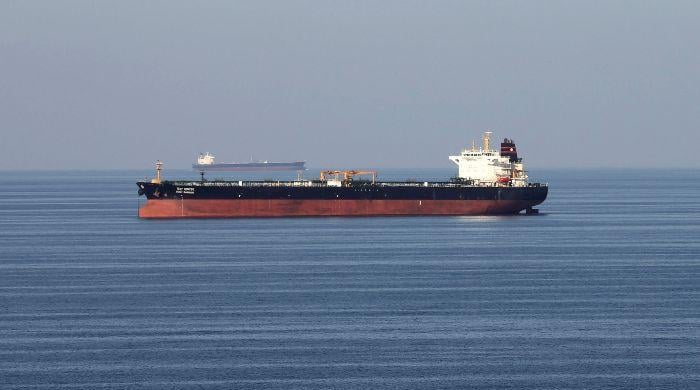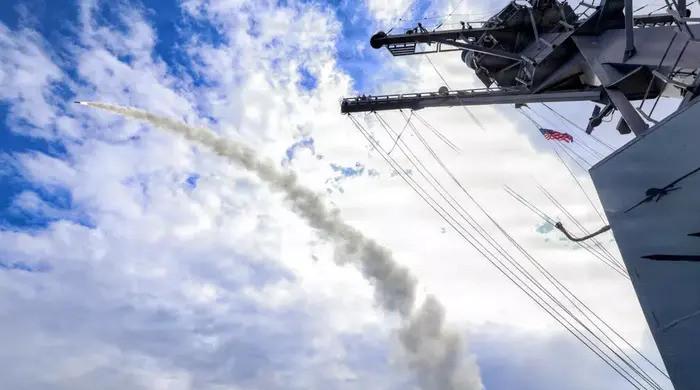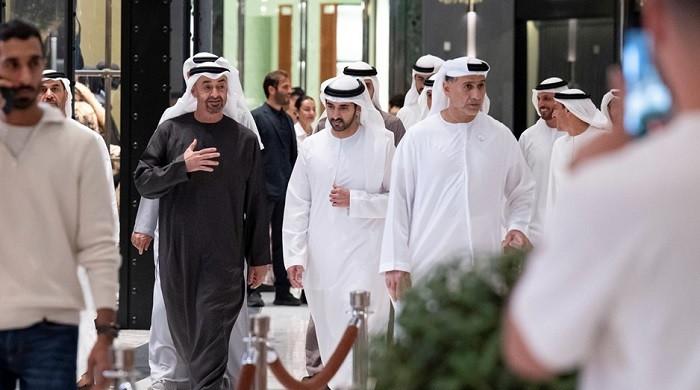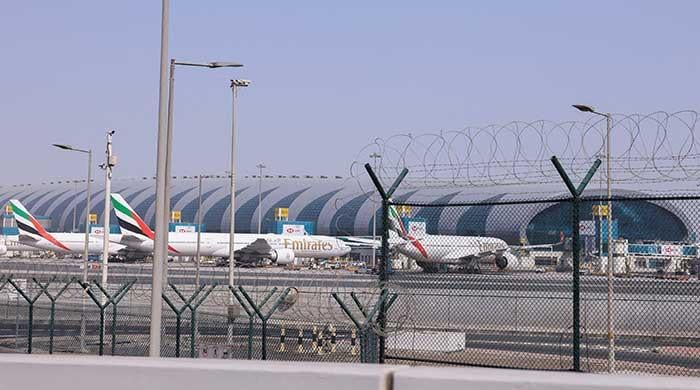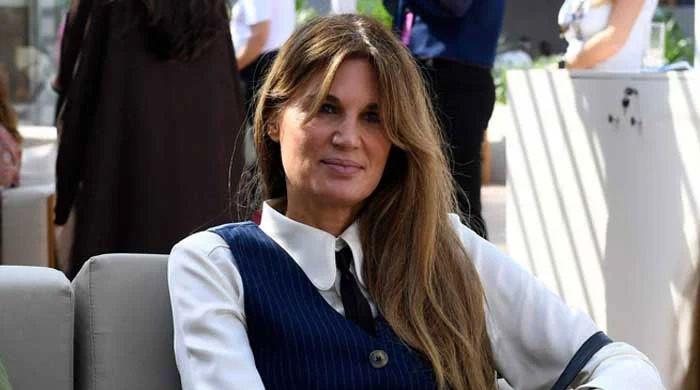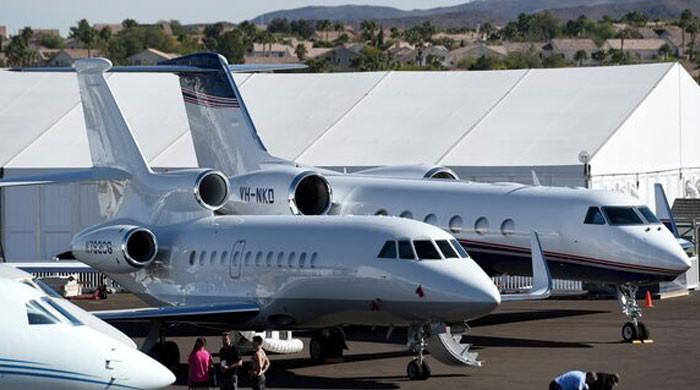Situation in Afghanistan bleak, US must continue engagement with Afghans: EU FM
Most victims of violence in Afghanistan are civilians and out of them, 40% comprise women and children, says EU FM
June 10, 2021
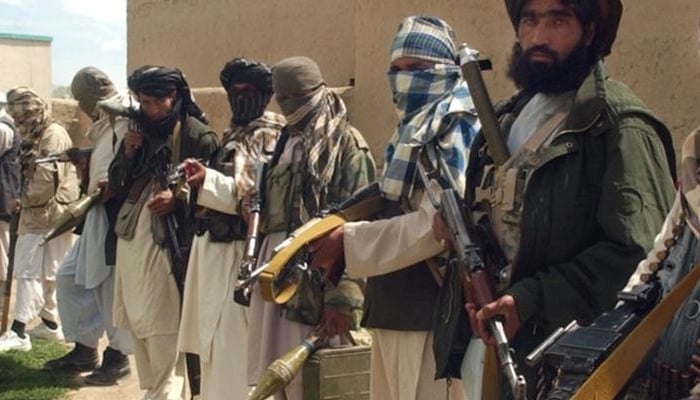
- Mostly civilians are killed in Afghanistan violence, says EU FM.
- EU's foreign policy is decided by its 27 member states, says EU spokesperson.
- "European Union will make every effort to support Afghan peace process," says EU FM.
BRUSSELS: EU High Representative for Security and Foreign Affairs, Joseph Borel, said in his speech to the European Parliament that the situation in Afghanistan is "very disappointing" and that violence in the country has escalated over the past few weeks.
Expressing concern over the situation, he said the victims of violence are civilians and more distressingly, out of them, 40% constitute women and children. He said that it seems as if everything that has been achieved to restore peace in the country during the last 20 years, will be of no use.
"The security situation in Afghanistan is evolving quickly. The Taliban control more than half of the country’s territory and have less incentive to compromise, so short-term prospects for a peace deal look bleak. However, the Taliban know that a large part of the Afghan population do not share their convictions and that ethnic and religious cleavages may come out to the fore in the absence of a negotiated peace settlement.
"Therefore, I wish to underline that the European Union will make every effort to support the peace process and to remain a committed partner to the Afghan people," he said. Borel said that disengagement from the peace process at the moment was not an option due to several reasons:
"Firstly, because over the past two decades, in the last 20 years, we have invested significant political capital and financial resources to support Afghanistan’s stability and development. And also we have lost quite an important number of lives of our soldiers," he explained.
He said the human rights situation and women empowerment had definitely improved in the country, adding that women were no longer living in the medieval conditions that they used to live in, during the Taliban regime.
"But these achievements can be very much jeopardised, these achievements are in danger because Afghanistan today is at a crossroads. They are living critical times and in order to safeguard the achievements that the Afghan people have made during these years, we have to continue being engaged and to provide new perspectives for the Afghan citizens when finally, we hope, an agreement will be obtained on the Doha negotiations," he added.
"Secondly, because our strategic interests are also at stake. Independently of the troops’ withdrawal, political and civilian assistance disengagement from Afghanistan would not serve our interests. A collapse of the democratic order in Afghanistan or massive backtracking on human rights – and, once again, I want to stress the importance of the rights of women - could lead, among others, to a new surge of international terrorism, to further forced displacement and irregular migration - too often in the hands of traffickers, and to greater magnitudes of illicit trade in narcotics. There can be no tolerance for Afghanistan becoming a safe haven again for international terrorism," he said.
Borel said the US was in discussion with NATO, the EU and other members states of the UN about the stay of American troops in Afghanistan. He said it will not be easy, adding that the country needs airports and hospitals.
"Let us go back to the peace process. We are clear on that: there is no alternative to a negotiated political settlement, through inclusive peace talks. This also means that there can be no sanctions relief for members of the Taliban at the United Nations Security Council without a genuine commitment on their part to the peace process, through a permanent and comprehensive ceasefire and substantial progress in the peace negotiations," he said.
He said a stable and peaceful Afghanistan was important for other countries in the region as well.
"What is our main leverage in the current situation? Well, this is our continuing political and financial support. It has to be made clear to the Afghan government and the Taliban that this support is and will continue to be conditional upon the preservation of the country’s human rights and democratic achievements," he said.
Saying that this support "is not pennies", Borel said an estimated €3.5 billion of development assistance had been provided to Afghanistan over the years.
"This support has to be conditional – I insist - on the preservation of human rights and democratic achievements, tangible progress on improving governance, in particular anti-corruption, but also on the access of women to education and to the political and social life," he added.
He admitted that the "challenges are massive" but said the US must resolve to continue with the peace process in the war-ravaged country. He said otherwise, the people of Afghanistan will lose what they have won over the past 20 years.
He spoke about women empowerment in Afghanistan. "When you educate a human being, you educate a human being. When you educate a woman, you educate a family; you educate more than one human being. The multiplier effect of education for women is impressive. And when I see these young girls raising their pencils, I think that all of us, we should raise our pencils and our engagement with the Afghan people and, especially, with Afghan women," he said.
After Boral’s speech in the European Parliament, Geo News asked a spokesman for the EU's Foreign Ministry European External Action Service whether the EU provided 3.5 billion for development aid to Afghanistan and whether or not it donated $5bn in the 2016 donor conference for Afghanistan, which was organised by the international community.
Geo News then asked the spokesperson whether or not the EU will ever formulate its independent policy or will it continue to follow the US.
In response, the Foreign Ministry spokesman said that the EU's foreign policy is decided by the 27 EU member states.




